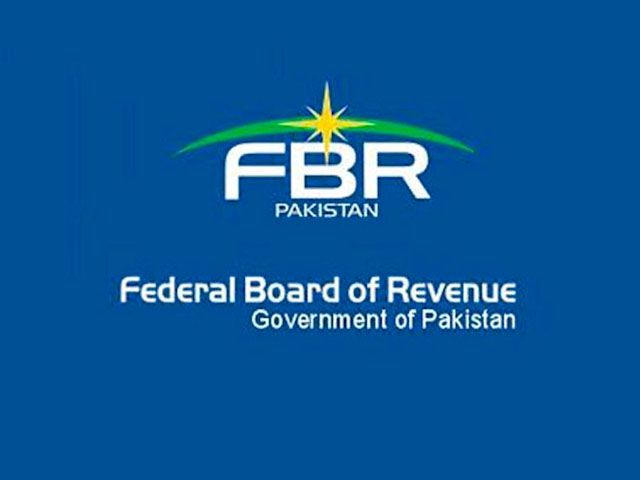NUT Desk- ISLAMABAD: The Finance Bill 2021-22 has proposed some fundamental and sweeping powers for FBR officers for arresting and prosecution of taxpayers over concealment of income. According to the proposed changes, now all officers of Inland Revenue (IR) starting from Assistant Commissioner can arrest a taxpayer accused of a tax offence without even filing a complaint before the special judge.
Thus, a concept of pre-trial arrest and detention is being introduced to the income tax law for the first time. The only requirement for arresting a taxpayer is that the officer effecting the arrest ‘believes’ that the taxpayer has committed an offence that can be prosecuted under the law. Even the prior filing of a complaint before the special judge will not be required.
However, the Senate Standing Committee on Finance has rejected proposed powers of the FBR officers for arresting and prosecution of taxpayers on suspicion of concealment of income. The opposition members termed proposed powers of the FBR officers as ‘draconian’ and made it clear that they would not grant approval in the Parliament.
The question arises why the FBR proposed more sweeping powers when the Income Tax Ordinance (ITO) 2001 already has provisions for prosecution.
Tax experts say that the Income Tax Ordinance 2001 includes a complete chapter containing provisions for prosecution of a wide range of offences ranging from concealment of income to non-filing of returns and statements.
Punishments for these offences include imprisonment for periods extending from one year to seven years and fines up to Rs5 million.
These punishments are in addition to any other liability imposed on the defaulter under the ordinance, including the recovery of the evaded tax, imposition of penalty and default surcharge.
The procedure required for prosecuting and awarding of punishment to the defaulter includes filing of a case before a special judge appointed by the federal government.
Only a person, who is or has been a sessions judge, can be appointed a special judge for the purposes of trying income tax offences.
The Commissioner of Income Tax can file a complaint before the special judge who will conduct the proceedings under the Code of Criminal Procedure 1898. Appeal against the order of the special judge lies with the High Court. The defaulter can be arrested and imprisoned only after completion of the trial by the special judge resulting in award of punishment.
Now the Finance Bill 2021 proposes to make some fundamental changes in the procedure explained above and grant sweeping powers to the FBR officers for arrest and detention of taxpayers.
According to the proposed law, the officer initiating the arrest will intimate the special judge about the arrest and produce the arrested person before the special judge or a judicial magistrate within 24 hours of the arrest and the special judge may order his detention for an unspecified period or accept his request for bail.
The special judge on the request of the arresting officer may also remand the arrested person in the custody of the arresting officer for a period of 14 days for the purpose of conducting an inquiry. The provision of remand in the custody of the inquiry officer is self-contradictory because the arrest is supposed to be effected if the arresting officer has material evidence in his possession that the person being arrested has committed an offence leading to prosecution.






